Updated August 11, 2025
Hey friends! Welcome to the Common Misconception series, where we tackle some of the ideas people have about the disability community. Let’s dive in and clear things up!
A lot of people think adults with developmental disabilities have no choice but to stay with their families. But is that really the case?
The quick answer is no! Adults with developmental disabilities do not have to live at home with family if that is what they choose to do.

A few years ago, I tuned into the LOMAH podcast by Kim Albrecht. Kim’s an amazing mom with a teenage daughter who has a disability. And like most parents, she’s wondering what the future holds for her daughter as she steps into adulthood.
In the episode, the question was asked, “Do adults with developmental disabilities have to live with family?” At the time, I thought my husband and I had this all sorted out. It seemed pretty simple. When our son hit adulthood, he’d stay with us forever.
Piece of cake, so I thought.
Challenging The Status Quo
As I continued to listen to the podcast, Kim and Scott McAvoy from Malbridge, a campus housing model for individuals with intellectual and developmental disabilities (I/DD) in Texas, were chatting about what it would look like to transition our adult children with I/DD out of the family nest and into alternative care settings.
The expectation for neurotypical individuals after high school is either to head off to college or start working and move into their own place. Scott believed adult children with I/DD should have similar opportunities.
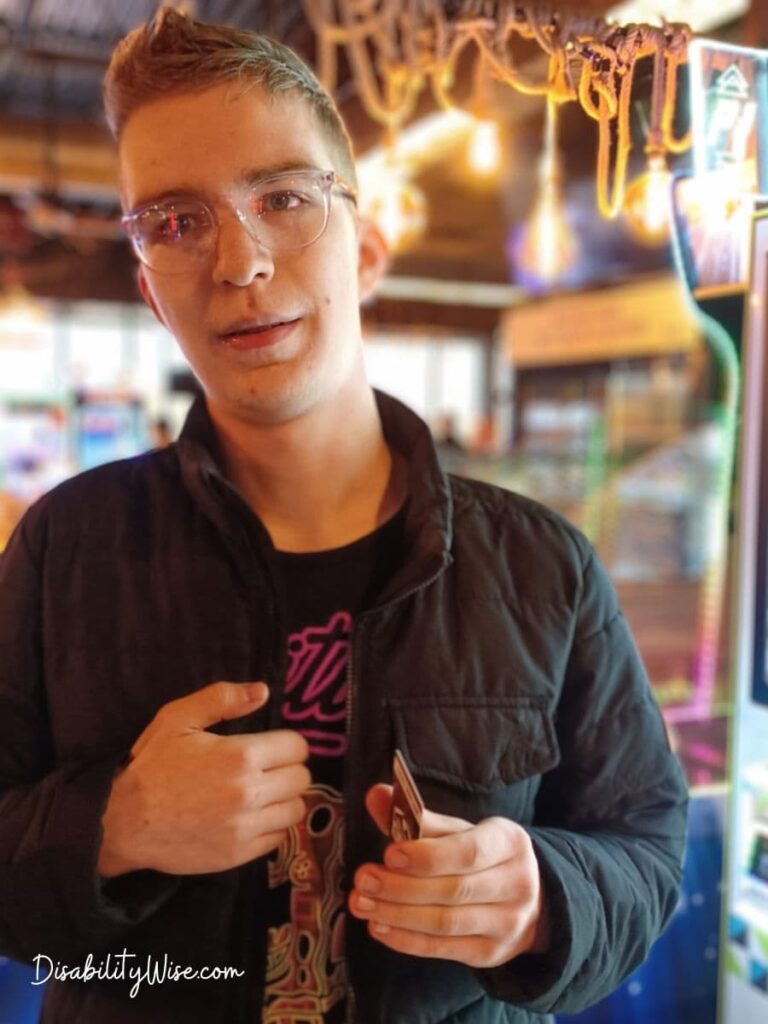
He urged parents to challenge their perspectives about their children’s future. With the right supports, he had seen adults with developmental disabilities achieve things that their parents never thought possible.
It was suggested that the earlier this transition occurs, the more favorable the outcome. Leaving the family home during the early stages of adulthood, much like friends and siblings do, typically results in a smoother experience.

I remember thinking at the time, “Wait, move your young adult child out of their family home just like their peers? This has to be crazy talk, right?
But it got me thinking and second-guessing our plan. Were we really choosing what was best for our son, or just going with the status quo because that’s what families like ours typically do?
According to the Autism Housing Network, over a million people with intellectual and developmental disabilities are living at home with family members who’ve reached the age of 60. Makes our choice for our son seem pretty common, but is it the best move?
Our time is limited; moms and dads won’t live forever. So then what?
What will become of our adult children with I/DD when we are no longer here? Where will they go after leaving the only home and caregivers they have ever known?
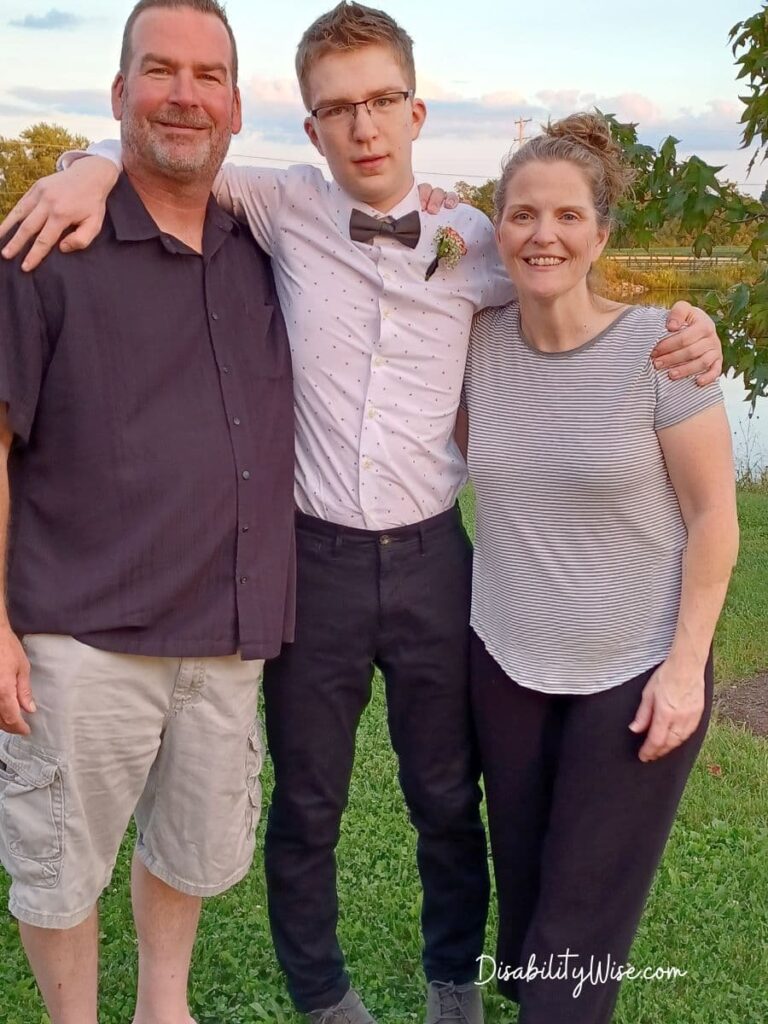
The truth is that most adults with developmental disabilities will need to transition from their family home to another living situation at some point in their lives.
So, the way I see it, parents face two options: actively participate in the transition while we’re able, or leave it to others to sort out once we’re no longer here or capable of being involved in the planning.
Honestly, when I look at it this way, there is no question that we have to be part of our son’s transition from our home. I can’t imagine him moving out without our support or a plan in place. My heart breaks just thinking about it.
Unfortunately, there isn’t a one-size-fits-all answer as to whether young adults with intellectual and developmental disabilities (I/DD) should transition out of their family home. Each family faces its unique challenges. Factors—including diagnosis, behaviors, financial circumstances, and family dynamics—can all influence our choices.
Having an open mind is key, though. By questioning the status quo and being open to other housing options, we create space for meaningful conversations to happen.
Understand Your End Goal
So, where should families start when exploring housing alternatives? I’ve found success in starting with the end in mind—understanding my ultimate goal. It doesn’t need to be set in stone, but having a loose idea of your destination can be extremely helpful in planning and setting goals.
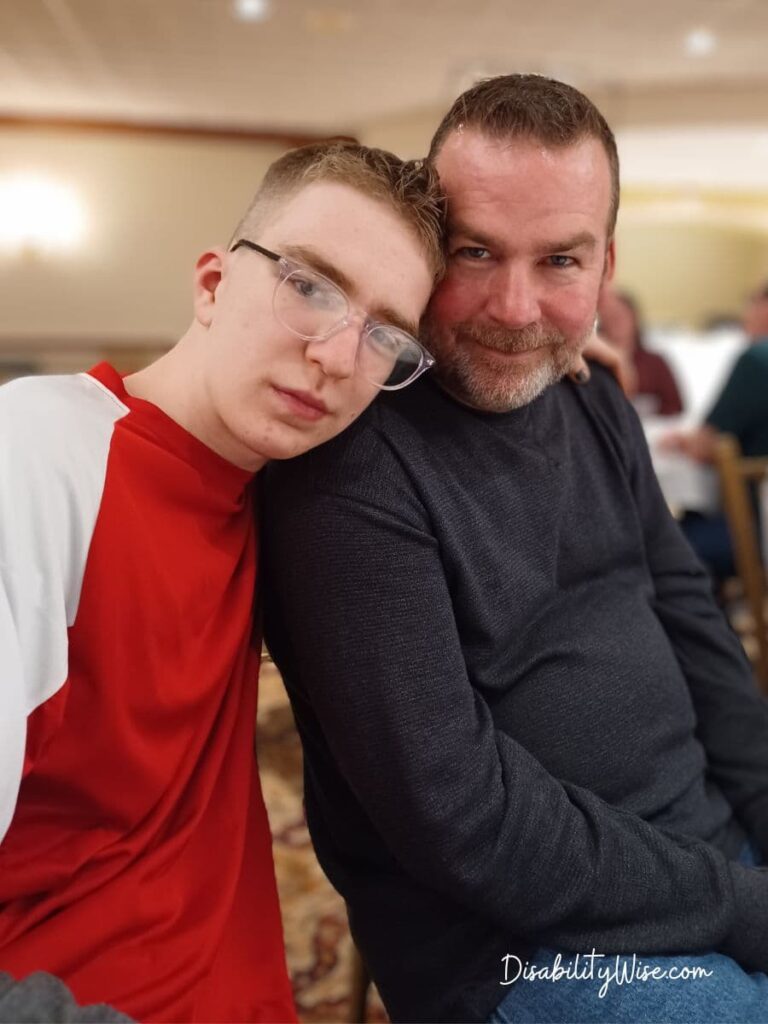
Have you ever heard of the Backward Planning model? You start by dreaming up long-term goals for your loved one, and then you kind of work your way back, figuring out the steps to get there. This way, you can see the path more clearly and make sure every choice you make is steering you right towards that end goal.
I also love the Person-Centered Plan for plotting out long-term goals. I’ve mentioned PCPs before, and I guarantee you’ll hear about them again because they’re a fantastic tool. It allows for open and honest conversations with your adult child about expectations and goals, and helps organize all your thoughts in one place.
Explore Housing and Support Options
Once you have a clear(ish) vision of your end goal, begin seeing what’s out there. Research other living arrangements and support options available. Consider talking with other families who have already navigated similar transitions or partner with parents who are currently walking the same path.
Recently, I reached out to several families I’ve known for ages and suggested we meet up once a month to figure out all this housing stuff together. Because, honestly, who wants to do all that research solo, right? Share the burden of the work.
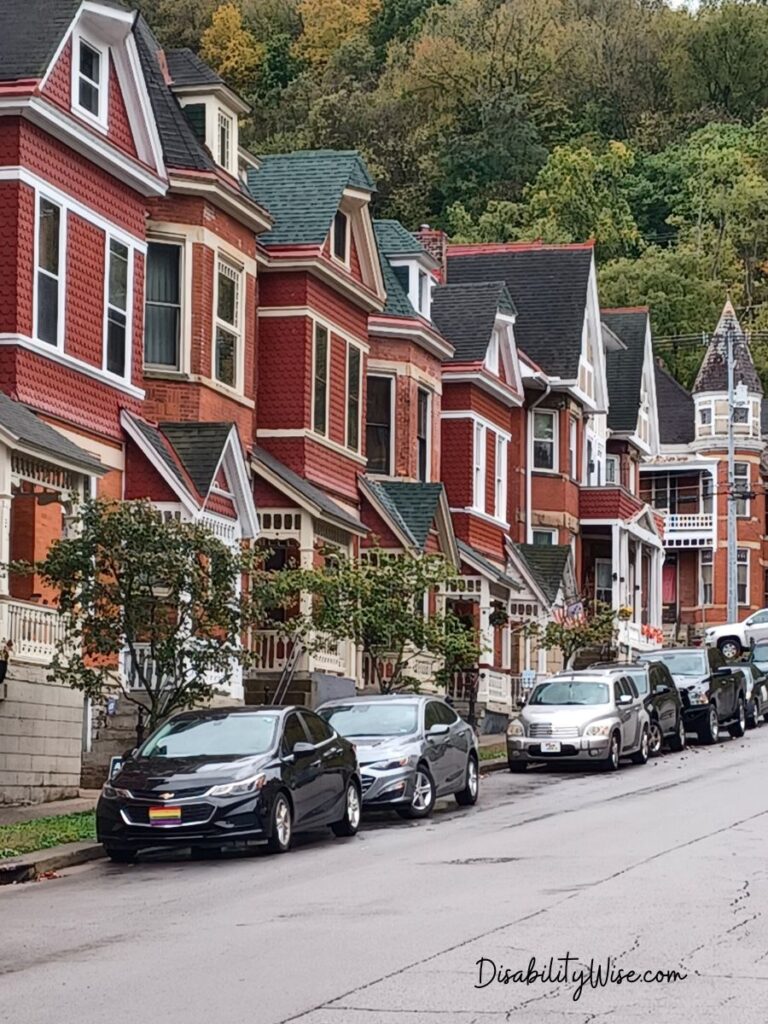
There are also some really helpful online housing resources available if you know where to look. I’ve listed a few here, or you can hop over to My Favorites to find more.
Final Thoughts
I’ll be honest, the thought of our son eventually leaving home causes me anxiety and makes me question the journey. As parents, we must learn to navigate the delicate balance between holding on and letting go—it’s so hard! Remember to give yourself grace as you go through this process and let yourself feel what you need to feel. You’ve got this!
Is your adult child living in the community? I would love to hear about it. Be sure to leave a comment.
SHARE ON:


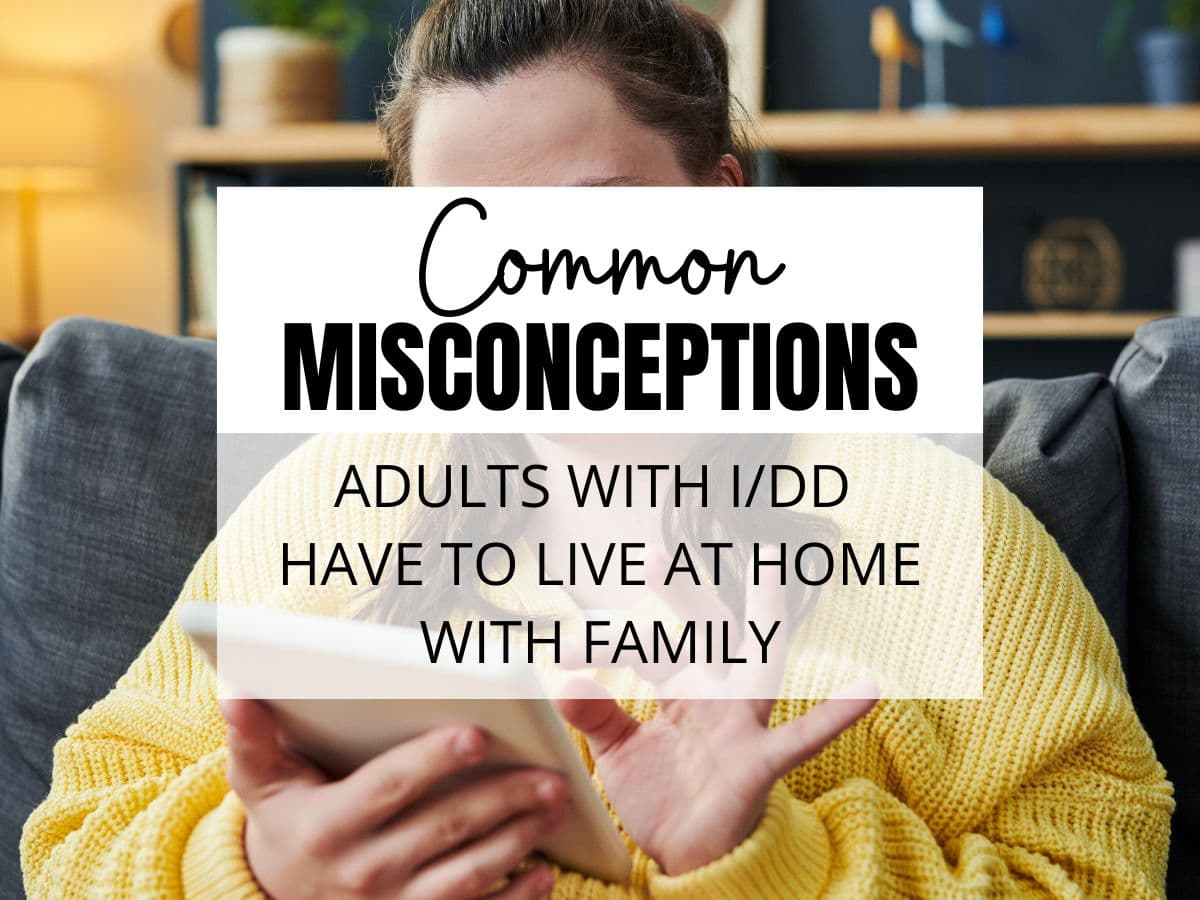
My son Jake is 34 and has lived in a group home for 23 years. Ne was diagnosed with PDD at the age of 18 months. I am his Mom-his Dad passed several years ago-and I live around the corner in a condo with my partner-but this was not on purpose-since I found the condo 3 years ago and fell in love with it. Jake lives with9 guys and works 20 hours a week at A supermarket where he handles the carriages. He is very independent and grocery shops himself-has his own debit card-and does errands that he can within walking distance-since he doesn’t drive. He does his household chores and takes good care of himself. I take care of his bills and set up his appointments as needed. Since Jake has difficulty making friends-we spend time on weekends doing things-like movies-etc. He also has 2 siblings that he is close with. He is very happy with his living situation and recently made some improvements in his room-since he is there for a very long time-God willing. He has his own phone-and I can go a few days without talking with him and know that he is okay. This has been a wonderful solution for our family and Jake is happy and enjoys his independence.
Thank you for sharing a bit of your son’s housing journey. I’m so glad he is happy and thriving in his group home. It sounds like it is a good fit for him. As parents, that is all we can wish for!